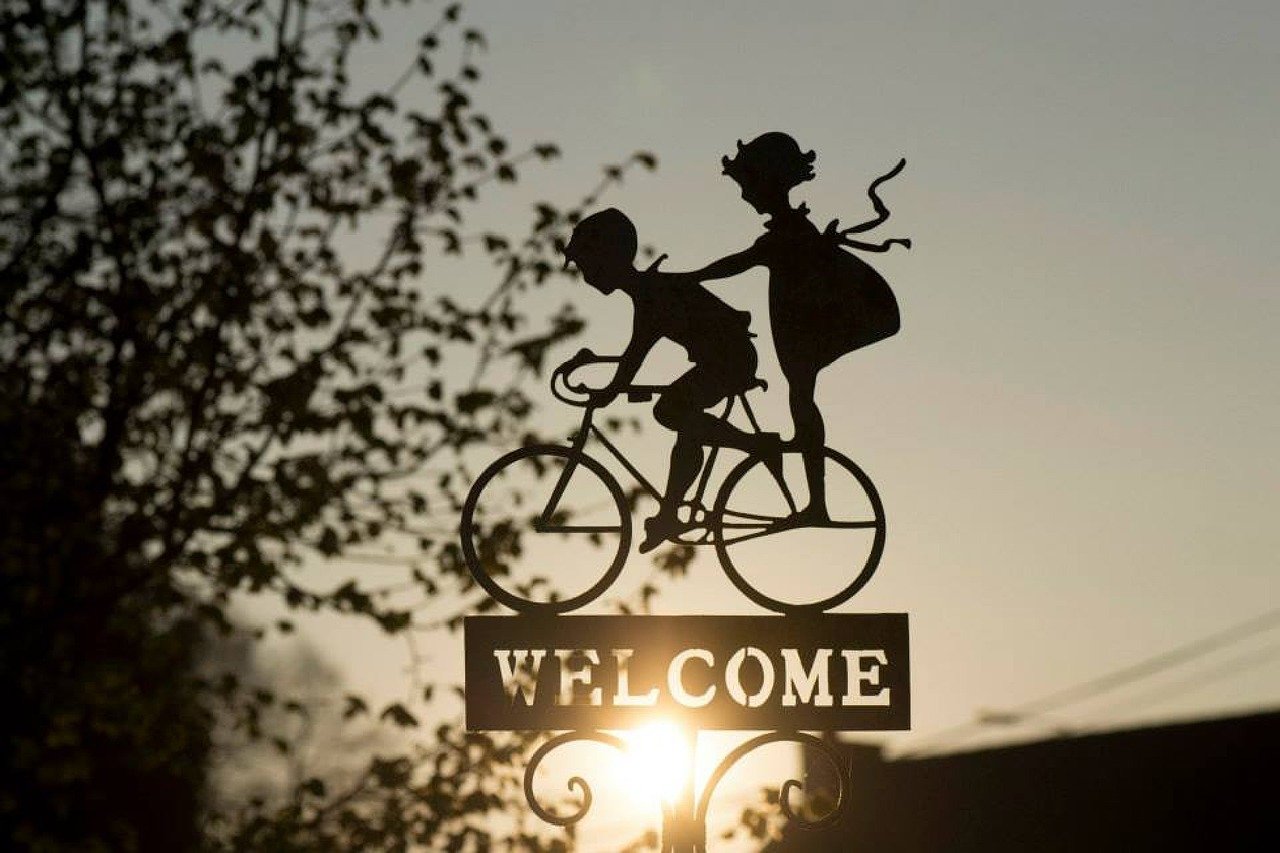When we started our adoption journey eight years ago, we had a few questions about things we thought would be an issue. Our biggest concern was our age. I had just turned 40 and my husband was 49. We thought we might be considered too old.
I googled like mad, but couldn’t find anything that answered our question. At that stage, we were still researching and gathering information. I got really frustrated at the lack of information about the process. I wanted to read other people’s experience. What was it really like? What did the assessment involve? Would having debt mean we wouldn’t be considered?
Things have moved on quite a lot since then. The #ukadoptioncommunity on Instagram is a brilliant source of information about the realities of adoption. Lots of people of written books about their experience. You can see some of the most popular ones here. First4Adoption, Adoption UK and CoramBAAF have a wealth of information on their websites about the process.
However, there’s still a level of misunderstanding about who can adopt. There are around 3000 children (Coram) who need an adoptive family in the UK, but the number of approved adopters is falling. A recent report showed that six out of ten adults surveyed, said they didn’t know much about the adoption process. That lack of open and easily accessible information may be putting some people off finding out more. In the end I was able to find the answer I was looking for, but it took a lot of research. The #youcanadopt campaign has been launched to try and debunk some of the myths about adoption
A lot of adopters who follow #ukadoptioncomminity on Instagram, have been sharing the kinds of things they thought would be a problem when they started out. A difficult childhood. Marriage or relationship problems in the past. Getting into trouble during childhood. Being single. Not owning their home. Experiencing devastating miscarriages. Family breakdowns. Lack of physically close support network. These are just some of the issues people thought would mean they couldn’t adopt.
In fact, those issues weren’t a bar at all. Experiences like those can be a positive as they show how you deal with things like grief, trauma, resilience. A child who’s experienced early trauma and disruption, needs a parent who will love them, provide stability and consistency and a safe home environment. They won’t care whether you own your home or not. Or whether you’re the “wrong” side of 40. Having two dads or two mums, a mum and dad, a mum or a dad won’t matter to them. Nor will how much money you have in the bank, or whether your living room furniture is new or second hand.

I think the biggest misconception about adoption is that you have to be perfect to apply. Children who can’t live with their birth families often have additional needs. They may need a higher level of care. But they don’t need perfect parents. They need parents who’ll love and support them. Who’ll fight there corner to get them the help they need, and give them stability to help them thrive.
Most people have experienced things in their past that, with hindsight, they’d have done differently. What’s important is that we learn from our mistakes and experiences, and use them to be better in the future. Having a criminal record for a spate of shop thefts when you were 15, doesn’t mean you can’t be a good parent. Looking back at it now, what did you learn from it? How would you deal with it if your child got into trouble with the police?
Think about difficult times in your life and look at what they taught you. What did you learn from those experiences? How has that made you a better person? How will they help you parent? I was worried the breakdown of the relationship with my dad would be a problem. Families aren’t perfect and there are often disputes and breakdowns. Again, the important thing is to show what the experience has taught you. Experiencing the trauma of losing a parent will hopefully help me better understand and support our children’s feelings as they deal with the loss they’ll feel because they couldn’t grow up with their birth family.
There are few things that are an absolute bar to you being able to adopt. You can’t adopt if you’re under the age of 21 or if you have a conviction for an offence relating to children. You don’t have to be a British Citizen, but you have to have a permanent address in the UK and lived here for at least a year.
If you’re thinking about adoption and would like to find out more, First4Adoption is a good place to start. And if you’ve got any questions about our experience, get in touch. I’ve written a step by step guide to the process in England. It’s the book I wish had been available when we were starting our journey as it answers a lot of the questions I had about the process. You can buy the paperback from Amazon. Get in touch if you’d prefer a digital copy.



